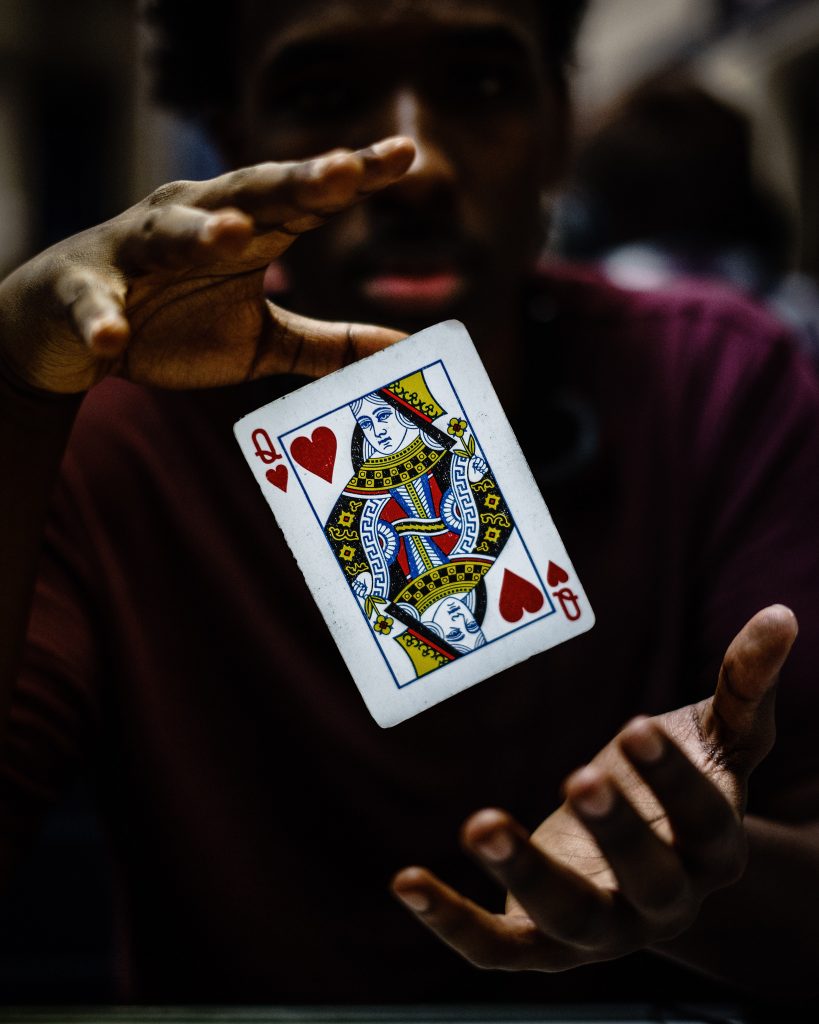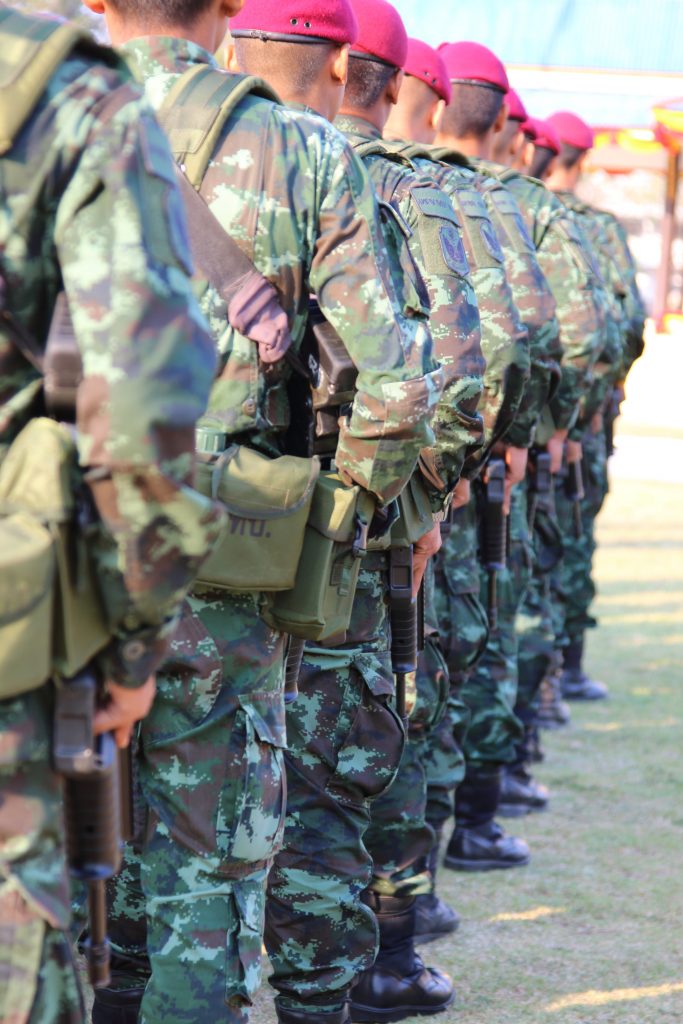"There are two kinds of people, those who do the work and those who take the credit. Try to be in the first group; there is less competition there. "
- Indira Gandhi
Indira Priyadarshani Gandhi was the first and only female Prime Minister of India. She was a woman of her words and believed in action. Although India is yet to see another lady occupying such an office, still she made a mark in the nation's history and still remembered on her birth anniversary, November 19, by millions of Indians.
She served for three consecutive terms (1966–77) and a fourth term from 1980 until she was assassinated in 1984. It is imperative that a fresh perspective, open mind be applied to draw inspiration from Gandhi's life.


Throughout her regime, she had landslide victories but, unfortunately, there were unsolvable internal conflicts in the Congress Party which affected its democratic structure and gave rise to dynastic politics in India. This happened because the power had begun to centralize after the tremendous support of citizens was diverted to the regional leaders and prominent Congress Party members.
Even Indira's candidature was threatened from right wings within the Congress Party. Soon, Indira formed the New Congress Party, stood in the election a second time, and became the Prime Minister in the 1971 elections.
During this time, the tremendous political pressure along with the possibility of hostility towards the Indian armed forces from neighboring countries could not waver Indira's dauntless efforts towards humanity and restoration of peace.


She ordered the Indian army to lead the attack on the tyrants and became the first government official to recognize the country, Bangladesh, shows her skilled international diplomacy. This incident brought her tremendous popularity and the people of Bangladesh as well as India gave her the address of "Goddess Durga".
"With great power comes great responsibility."
Her rise to prominence was shadowed by charges against her of having used unfair means to procure a victory in the latest election of 1971. This case was legally fought and when the decision was unsettling for Indira, a state of emergency was declared in the country. Following this, there was the imprisonment of the opponents and several deaths were reported under mysterious circumstances.


This marred her career and she was imprisoned for a short while after which her split from the Congress Party was completed in 1977. She then formed the Congress (I) Party. The "I" denoting "Indira".
She rose once again by gradually building up her support among the people, this time even grooming her son, Sanjay Gandhi, for the Indian political scenario. She won the elections of 1980 and the phoenix spirit emerged on the Indian horizon.
Her unfortunate assassination ended her life abruptly but her legend lives on to this date. Her life was not a bed of roses as one would have expected given her family background. She had to make some difficult decisions many of which became unpopular. Yet, from Indira's life, we see constant strife, determination, and unstoppable drive to change the world. We see a vision not limited to politics but an approach to change the flow of the way things have been to the way she wanted things to be.






